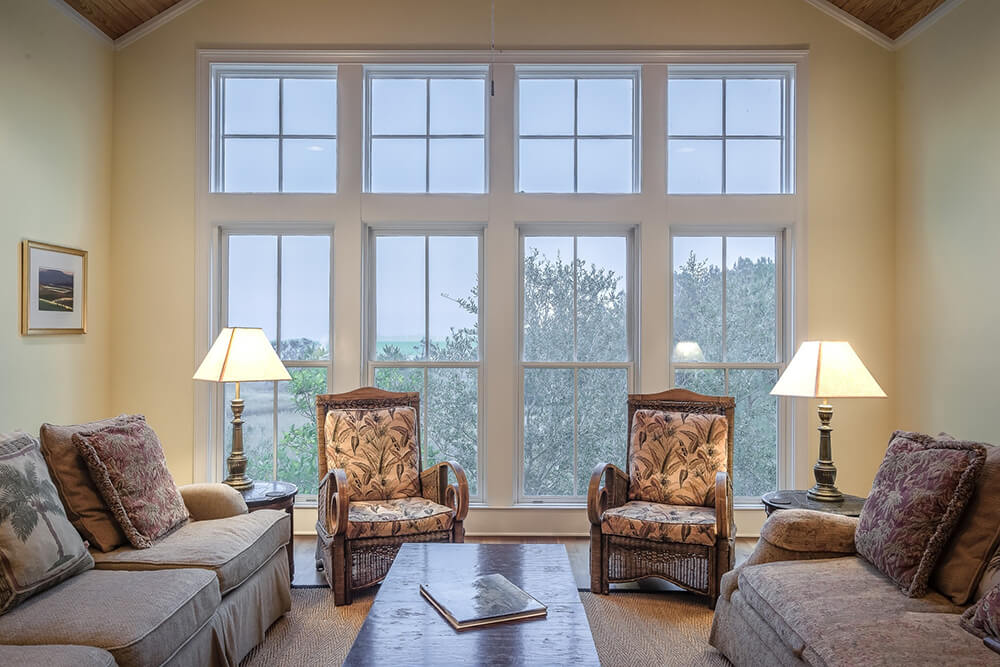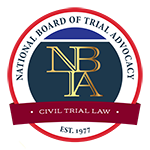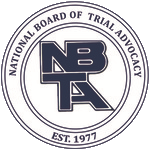
When it comes time to move a loved one into a nursing home, it’s not uncommon for questions regarding quality of life and time left to arise—especially if there are serious medical conditions or illnesses. Regardless, you expect that facility to provide your family member with everything they need to live comfortably and well. Unfortunately, that doesn’t always happen.
When a loved one in a nursing home passes away, it’s always a saddening event, but if you learn abuse or neglect played a role in your loved one’s passing as opposed to natural causes, anger and confusion are normal reactions. When that happens, there are legal options to hold the facility accountable.
While filing a wrongful death claim may seem difficult after losing a loved one to nursing home neglect, it’s important to get the process started as soon as possible. This way, there will be ample evidence that proves what type of abuse took place and how it resulted in your loved one’s death. Let’s take a look at how abuse and neglect result in wrongful deaths in long-term care facilities and who can be held responsible.
How Abuse and Neglect Contribute to Deaths in Nursing Homes
According to the National Center on Elder Abuse (NCEA), elders who experience abuse are at a 300% higher risk of death compared to those who are not abused. In nursing homes, abuse may be physical, emotional, sexual, or financial. Of those, physical abuse is most likely to result in fatal injuries. If, for example, an abusive staff member strikes a resident on their head, they could sustain a brain injury.
While cases of abuse do happen, neglect is more common. That’s why neglect is more likely to result in a wrongful death. When a resident isn’t cared for properly, they may suffer from dehydration, malnutrition, bedsores, medication complications, choking hazards, and falls. Bedsores can easily result in infection, which can settle in the bone and cause sepsis. If medication isn’t given at the proper times or is administered incorrectly, a resident could suffer a fatal reaction. Falls are among the most dangerous accidents a resident can have. If they aren’t being tended to and try to get up by themselves when they’re generally immobile, they may fall and hit their head or break a bone.
Determining Liability for the Wrongful Death of a Nursing Home Resident
When a nursing home resident dies, it’s important to determine why. In most cases, natural causes or underlying conditions are to blame. But if negligence or abuse was at all involved, a thorough investigation needs to take place.
It’s likely a negligent facility will hope the grieving family focuses on end-of-life services and mourning, as opposed to what caused their loved one’s passing. That’s why it’s so important for family members to make official nursing home abuse reports to the police and elder agencies. This way, they can look into the matter in conjunction with your attorney. While that’s happening, you’ll have the space you need to focus on celebrating your loved one’s life.
Depending on the circumstances, a staff member, attending nurse or physician, or the entire nursing home could be at fault for the death of a resident. We’ll discover the negligent party and build a case that proves your loved one deserved better.
Seek Help from Golden Law Office
If you’re unsure of how to proceed after learning of your loved one’s wrongful demise, it’s best to seek guidance from an experienced law firm. Golden Law Office has extensive experience representing nursing home abuse and neglect victims and their families. The best thing you can do for your loved one after they suffer from a facility’s negligence is to take legal action and hold the nursing home accountable.
While filing a claim is a complex process, we’ll be with you every step of the way. As your family deals with the passing of your loved one, we’ll work on investigating their death and determining who’s to blame. We’ll build a claim that proves the death was preventable and a direct result of abuse or neglect.
If possible, we’ll try to settle your claim out of court. But, going up against a nursing home likely means they’ll be backed by their own attorneys. When that’s the case, settling might not be so easy. If we feel like your family isn’t going to receive the compensation that’s rightfully owed, we’re not afraid to take the nursing home to court with an official lawsuit.
If you’re ready to take legal action on behalf of your loved one, schedule a free consultation with Golden Law Office today. We’ll review the details of your situation and help you determine how best to proceed.






